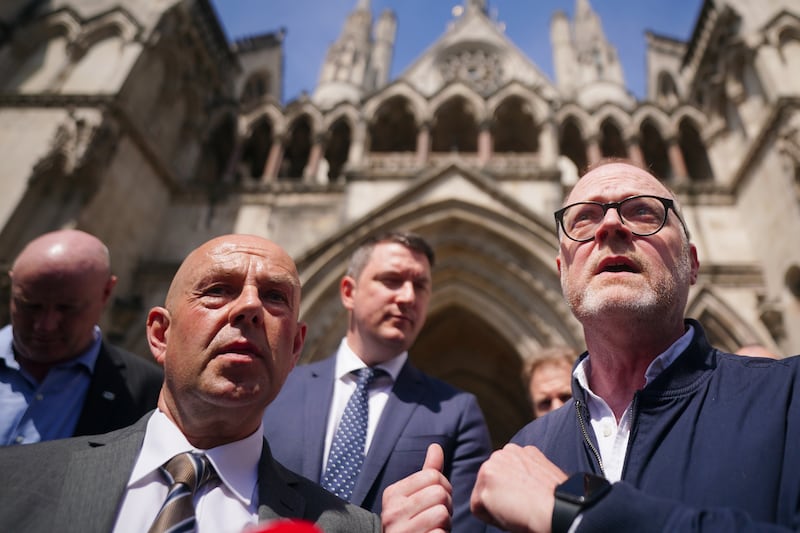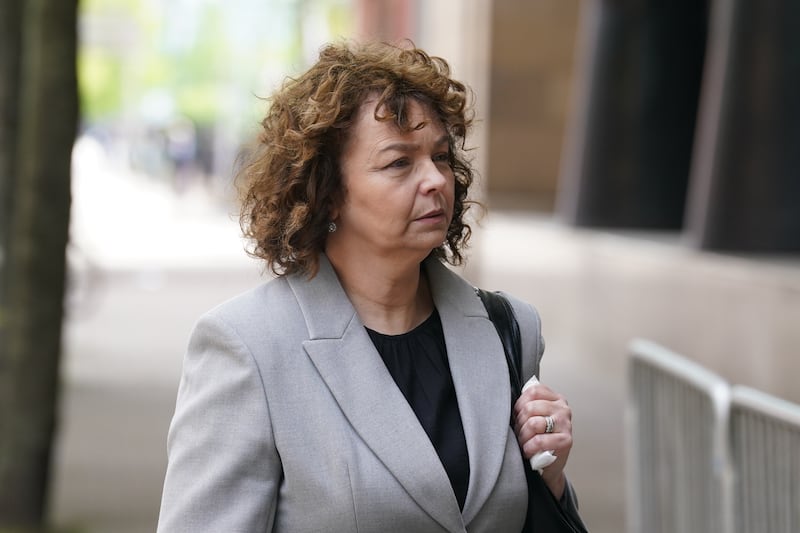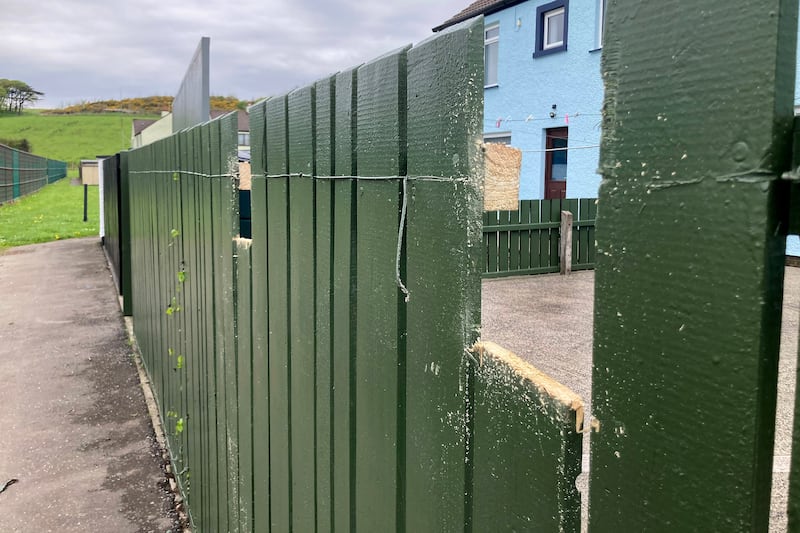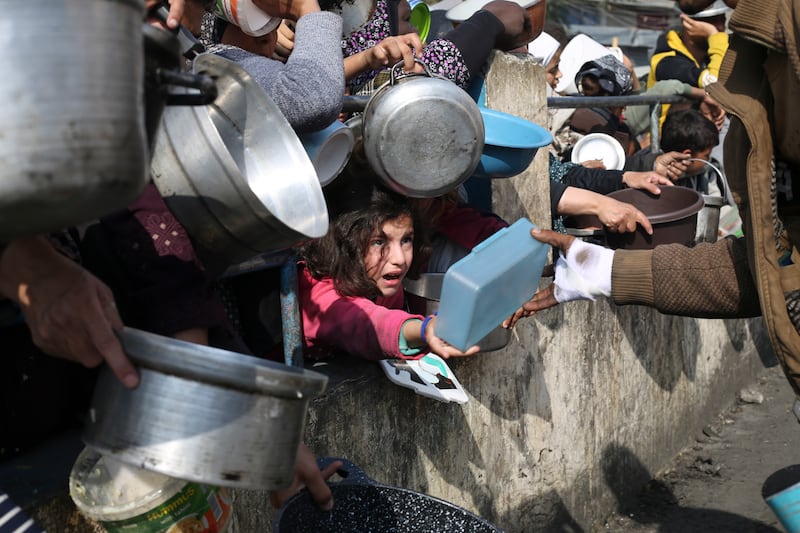IT is now known that three Irish people were killed in the massacre of holidaymakers on a beach in the resort of Sousse in Tunisia on Friday.
So far, the death toll stands at 38. Fifteen of the dead were British, though with a number of tourists also seriously injured, the government has warned this is likely to rise.
The Irish victims included mother-of-two Lorna Carty from Robinstown, Co Meath, and married couple Laurence and Martina Hayes from Athlone in Co Westmeath.
Parallel with the tragedies of those who lost their lives in such brutal circumstances, stories have emerged of selfless courage, narrow escapes and unspeakable pain, such as that of the man found holding the hand of his dead fiancée; they had been due to marry in two weeks.
Foreign Affairs minister Charlie Flanagan has urged anyone intending to travel to Tunisia to exercise "extreme caution" while the Foreign Office has updated its advice to warn that further attacks are possible, and urged people to be vigilant.
In Tunisia, the government - regarded as one of the region's more democratic administrations - has promised swift action and pledged to improve security; in Sousse, Tunisian people have held vigils to show their opposition to the attack and express solidarity with the victims.
Tourism, which is of great importance to the Tunisian economy, suffered a major blow earlier this year when Islamic State attacked the Bardo museum in Tunis, killing 22 people.
It is difficult to imagine how the attack in Sousse, which had thus far been regarded as a safer destination, can do other than further decimate Western tourists' appetite for visiting the country.
IS has claimed responsibility for the Sousse attack, which was carried out by a student named Seifeddine Rezgui. He brought his Kalashnikov machine gun on to the beach by concealing it benweath a parasol.
Rezgui might have acted alone on Friday but it seems clear he was acting as part of the wider movement to radicalise Muslims, mainly young men, across the Middle East and beyond.
Nor are Westerners IS's only targets. On the same day that tourists were being murdered in Sousse, a suicide bomber killed more than 25 Shia worshippers and injured 200 others at a mosque. In Egypt, a bomb exploded on a train travelling between Cairo and Alexandria.
Western governments have undoubtedly played a major part in creating the circumstances which have allowed groups like IS to flourish.
They might also have a role in finding a solution to the extremist threat, but the best way of meeting the challenge of IS is by supporting governments in the region to make their own people, as well as those from other countries, safe.





